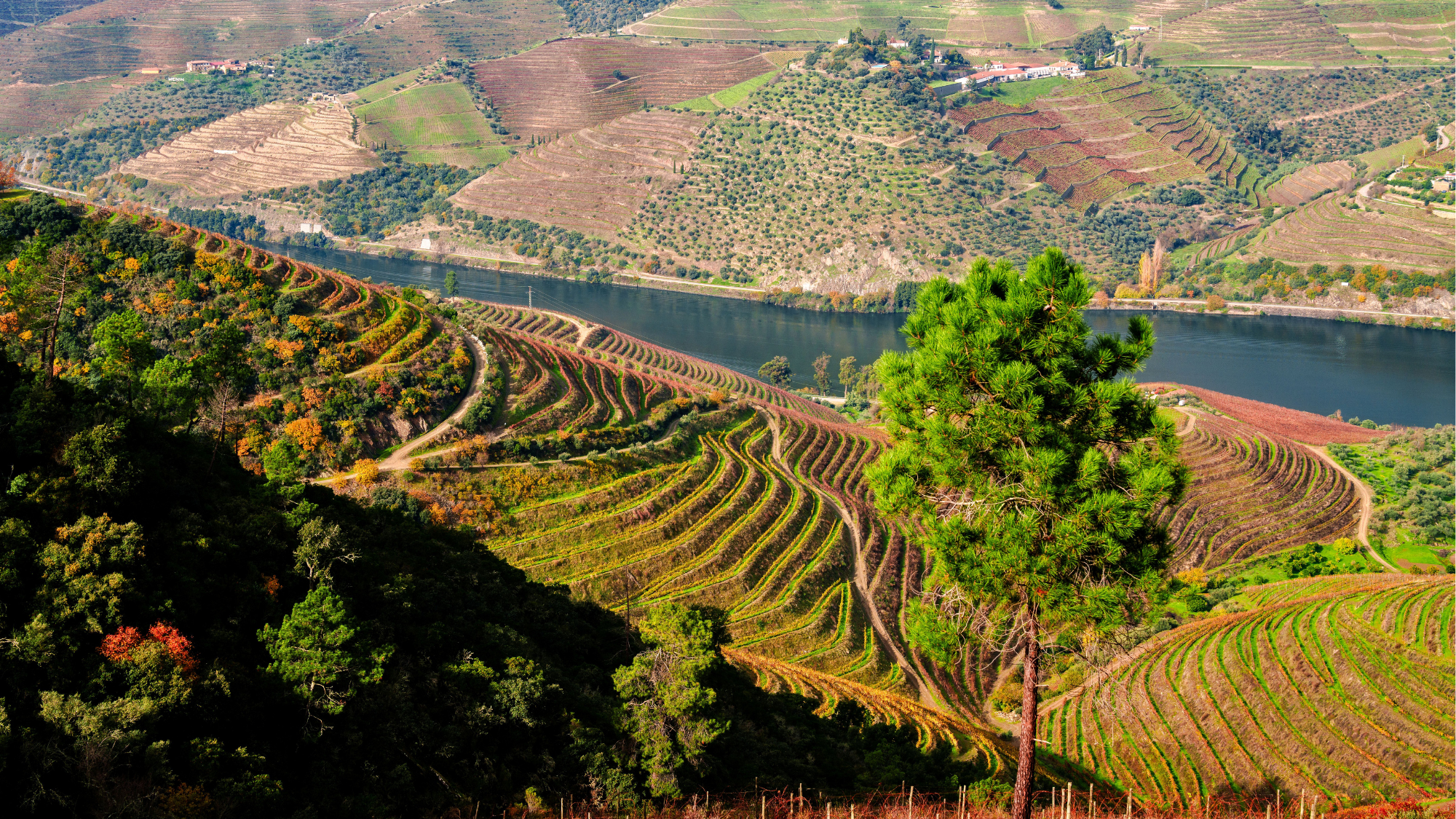France: Coming to grips with a homegrown jihadist
Was the young Muslim Frenchman who killed seven people a terrorist?
A free daily email with the biggest news stories of the day – and the best features from TheWeek.com
You are now subscribed
Your newsletter sign-up was successful
Was the young Muslim Frenchman who killed seven people last week a terrorist? asked Jacques Le Bohec in LeMonde.fr. The Right would have us believe so. After all, Mohammed Merah made several trips to Pakistan and Afghanistan before he embarked on his rampage, killing three North African soldiers and four Jews, including three little children. And he called himself a member of al Qaida, in writings that were found after he was killed in a police shoot-out. But at bottom, this 23-year-old was just another disenfranchised youth, angry at his lack of prospects, upset at being rejected by the army. “Religion offered him a target for his rage and an alter ego that gave his murders a higher meaning.” Rather than simply retreating into a drug haze, like so many French youths, he decided to kill. “This is less about terrorism than about the willingness of a young man without hope or a future to turn to extremism.”
Much has been made of Merah’s Algerian background, said Olivier Roy in Le Monde. But second-generation Muslim immigrants are not the problem. In fact, in this crime, they were also victims. It has emerged that Merah targeted the Jewish school on a whim, simply because he could not immediately locate any more soldiers of North African descent. Which is ironic, because there certainly are plenty of them. Some 15 percent of French soldiers are second-generation Muslim immigrants. “For every one Merah who joins the Taliban, how many thousands of French Muslim troops are there who fight them?”
He’s a monster, said François Sergent in Libération, but he’s “a French monster.” This young man was born and raised in Toulouse, attended French public schools, went clubbing with his friends in French bars. Yet certain members of the ruling party want to re-label him a foreigner, as if his presence under the rubric of Frenchness taints all the French. Jacques Myard, a deputy from the ruling conservative party, has actually proposed revamping the nationality law, saying that Merah “is only French according to his identity papers.” This ignoble sentiment is echoed by none other than President Nicolas Sarkozy, who in the course of his re-election campaign has remarked that “there are too many foreigners in France.” Really? “How many generations must a child born in France be removed from his Algerian ancestry before he is considered French?” The actions of an individual reflect only on that individual, not on society. Merah’s vile actions, then, are not an indictment of French culture—or of Muslim culture.
The Week
Escape your echo chamber. Get the facts behind the news, plus analysis from multiple perspectives.

Sign up for The Week's Free Newsletters
From our morning news briefing to a weekly Good News Newsletter, get the best of The Week delivered directly to your inbox.
From our morning news briefing to a weekly Good News Newsletter, get the best of The Week delivered directly to your inbox.
What politically correct hogwash, said Ivan Rioufol in Le Figaro. The unpalatable truth is that Merah is a product of a very specific community. “He is the monstrous child of a counterculture, foreign to the rule of law, that has taken root in the suburbs.” In a recent poll, only 14 percent of French Muslims said they considered themselves French first and Muslim second. It is irresponsible to ignore the issues posed by immigration and radical Islam, including anti-Semitism. By targeting the army and a school, this terrorist was showing “a hatred of France.” Is he the only one? I doubt it. “France is sitting on a powder keg.”
A free daily email with the biggest news stories of the day – and the best features from TheWeek.com
-
 Who is Starmer without McSweeney?
Who is Starmer without McSweeney?Today’s Big Question Now he has lost his ‘punch bag’ for Labour’s recent failings, the prime minister is in ‘full-blown survival mode’
-
 Hotel Sacher Wien: Vienna’s grandest hotel is fit for royalty
Hotel Sacher Wien: Vienna’s grandest hotel is fit for royaltyThe Week Recommends The five-star birthplace of the famous Sachertorte chocolate cake is celebrating its 150th anniversary
-
 Where to begin with Portuguese wines
Where to begin with Portuguese winesThe Week Recommends Indulge in some delicious blends to celebrate the end of Dry January
-
Turkey: Banning Twitter doesn’t work
feature In a fit of pique, Turkey’s prime minister moved to shut down public access to Twitter.
-
Ireland: Why nobody really loves Dublin
feature “Most of our citizens can’t stand Dublin, and that includes many Dubliners.”
-
Italy: Can ‘Fonzie’ save the day?
feature This week Italians got their third unelected prime minister since Silvio Berlusconi stepped down in 2011.
-
Italy: Convicting Amanda Knox with no evidence
feature An Italian appeals court reconvicted the young American student for the 2007 murder of British exchange student Meredith Kercher.
-
France: A Gallic shrug at a sex scandal
feature Are the French finally showing interest in their leaders’ dalliances?
-
Belgium: Euthanasia for children
feature Should terminally ill children be allowed to end their lives?
-
World Trade Organization: Finally a global deal
feature The World Trade Organization has brokered a trade pact that should generate jobs and wealth around the world.
-
Greece: Surviving the winter without heat
feature How many Greeks will keel over this winter because they can’t pay their electricity bills?